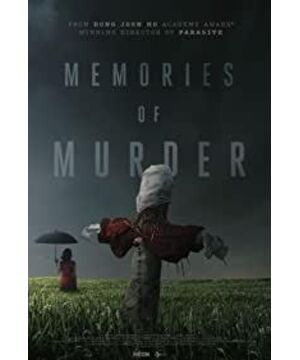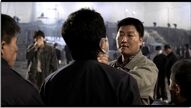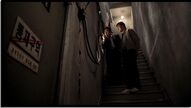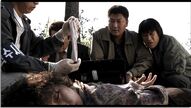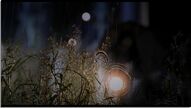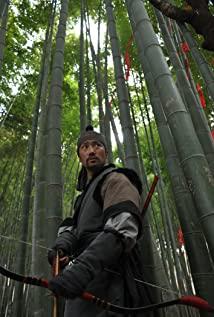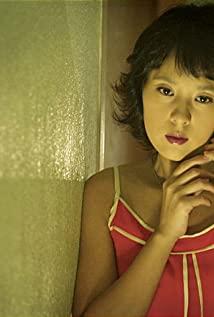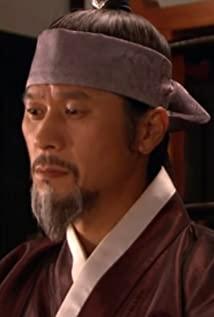The original text was first published on the public account: Star Storage Tank
Welcome to pay attention!
On July 2, the South Korean police finally officially announced the investigation results of the first unsolved case in South Korea, the Hwaseong serial murder case, and finally determined that the perpetrator of the case was the current detainee Li Chunzai. In fact, on September 18 last year, the National Institute for Scientific Investigation of South Korea had preliminarily matched the murderer, Li Chunzai, through DNA testing.
The Hwaseong serial murder case in South Korea that year spanned from 1986 to 1991. According to statistics, during this period, the perpetrators were identified as committing 23 crimes, 14 women were killed, and 9 women were raped or robbed.
Although the South Korean police have now determined that the perpetrator of the year is Li Chunzai, but because 34 years have passed since the first case, according to South Korean law, the case has expired retrospectively. But the dramatic point is that in 1994, Li Chunzai was sentenced to life imprisonment for raping and killing his wife and sister. Even so, 20 years later, 77-year-old Li Chunzai is still eligible for parole.
The Hwaseong serial murder case is known as one of the three major unsolved cases in South Korea. Due to the fact that the case was covered with a glamorous and dramatic murder scene, and the suspense that the police had not been able to detect, it became a sensation in South Korea. quite high. Until 2003, this case was made into a movie by Feng Junhao, also known as "Memories of Murder".
Needless to say, Feng Junhao swept the Oscars this year with "Parasite", which is absolutely the light of Asia. But speaking of "Memories of Murder", this film is only his second feature-length film. Although the awards swept by the movie at the time were not as glorious as today's "Parasite", "Memories of Murder" is enough to make people remember Feng Junhao's talent, and even Korean movies.
General crime movies are used to revealing the true face of the murderer in a progressive way, which is also a genre film routine familiar to the audience. And "Memories of Murder" has used subtitles to tell the audience from the very beginning that the case has not yet been solved, and it has not shown who the real culprit is from beginning to end. Maybe it’s fine for Koreans who are familiar with the whole case, but for those who don’t know, they may ask: Why should I waste two hours watching a crime movie that I don’t know who the murderer is?
But only after watching it will you find out that "Memories of Murder" is not a conventional crime movie at all. Until the last frame of the movie appeared, it didn't really matter who the real murderer was, and the movie had used enough plot descriptions to tell the audience that the social atmosphere at that time was actually a breeding ground for violence and crime.
The movie begins with a very literary scene. On a sunny afternoon, in the golden rice fields, rural children play mischievously. Tian Geng drove a tractor and jumped off a police officer, detective Park Doo-man played by Song Kang-ho.
Under this idyllic picture with extremely high visibility and full of freehand colors, there is a bound female corpse hidden under the culvert. When Park Dooman was investigating the crime scene, a child kept imitating Park Dooman's speech, and the group of children not far away were still noisy. The children had no idea whether there was a dead person or the seriousness of the problem. Coupled with the soothing background music, it is simply the beginning of a novel.
The film quickly turns tense, but the questioning of the suspects yields nothing. Then the second case appeared, this time there was no sunny weather, but a key shoe print clue at the crime scene was run over by the villagers with a tractor. In the first half of the movie, the social atmosphere at that time has been pointed out by the behavior of the surrounding characters. The villagers are actually indifferent to the frequent murders, or they don't believe that the police can solve the case at all.
For the law enforcement agencies at the time, it was common practice to torture a confession to frame the crime, and even to make a mentally handicapped teenager admit that he was a murderer, he did not hesitate to use his shoes to forge the crime scene to give perjury. And in order to get clues to solve the case, ask the goddess for help. But the murder case broke out one after another like this. On the surface, the murderer was fighting wits and courage with the police, or it was better that the police were constantly creating space for the criminals to commit crimes.
The historical stage in which the film takes place is from 1986 to 1991, and the events corresponding to this historical period are the end of the military dictatorship of Chun Doo-hwan in the 1980s. Most of the Korean movies or TV dramas set in the 1980s will more or less have this key historical event. Although the film does not use too many scenes of intense military-civilian confrontation, it only uses one detail: when the police want to help the military to arrest criminals and protect the people, what comes from the other end is that the military is fighting against its own people. Ironically enough.
A turbulent atmosphere, a repressive environment, an unjust justice system, and insecure and numb people are the keys to the ferment of crime and violence. The purpose of the film is not to present the most superficial aspects of the unsolved case to the audience, but to explore the root cause of the crime. Therefore, there is a comment: Feng Junhao actually identified the murderer in the film, but the murderer is not a person, but a society that handed the murderer a knife.
As a sociology major, Feng Junhao is the most vicious and extraordinary in dealing with such films is that he can always think about the root causes of crimes from the lowest level of logic in society. The director of the film, with all the rare power of observation.
At the end, the film uses a symmetrical scene to echo the beginning of the film. After saying goodbye to his identity as a police officer, Pu Dooman, who made his fortune selling juice machines, returned to the paddy fields of the past, still the blue sky and the endless golden rice fields. Looking back at the ditch where criminals hid their bodies, it seems like a black hole of time, constantly evoking memories of the past. A passing little girl told him that an uncle had also looked into the ditch some time ago. When Park Dooman asked, did you see his face? The little girl is just an understatement with an ordinary face. At the end of the film, only the picture of Park Dooman looking directly at the camera was used as the last frame of the film.
Later, when Feng Junhao talked about why he ended the film with Park Dooman looking directly at the camera, Feng Junhao said, "I don't know who the real murderer is, but this film has been watched by 5.4 million people, I believe , the murderer is one of them."
It seems that the implication is to say: this very ordinary face in the mouth of the little girl is all the people watching this movie, the murderer who promotes violence, not necessarily a certain person, it may be a group of people, or a society.
On July 2, Bae Yongzhu, director of the South Gyeonggi Provincial Police Agency, apologized to all the victims of the unreasonable police investigation in the Li Chunzai case. The unsolved case finally got the final answer, but it also took 34 years of unknown results and the lives of 14 women to sound the alarm to the society.
The original text was first published on the public account: Star Storage Tank
Welcome to pay attention!
View more about Memories of Murder reviews


